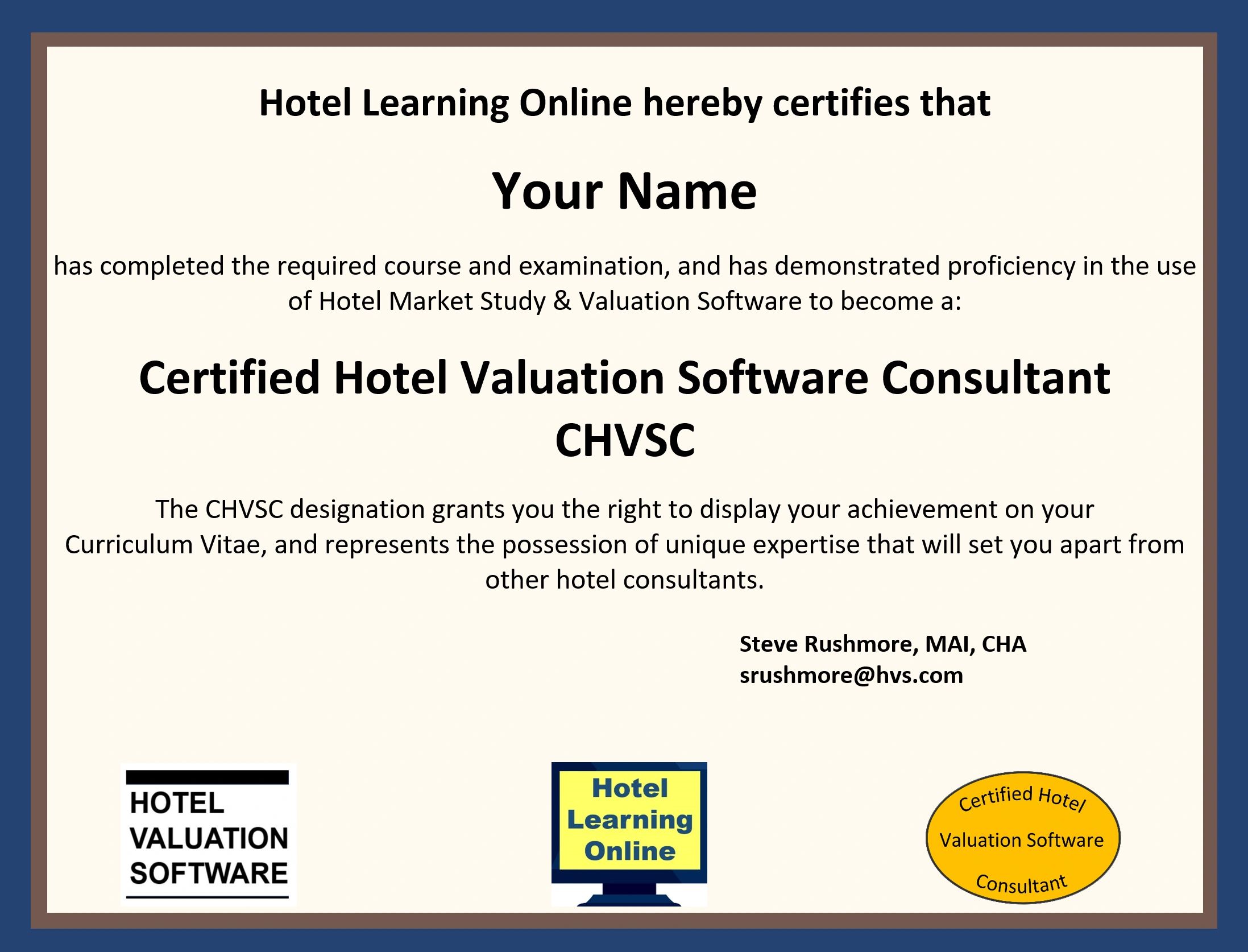
Life science consulting has a great career outlook, but what are the prerequisites for success? We will discuss the costs and necessary skills as well as the scheduling options and career outlook. After you have gathered this information, you can move on to the next step. This article will show you how to get started in your life science consulting career. Let's look at the possibilities! You will be glad that you did. Below are some benefits of being a consultant.
Career outlook
Life science consultants generally enjoy a positive outlook on their career prospects. You will feel fulfilled and happy in your job. The life science consultant makes a tangible impact on human health. Career growth for this field is projected to be faster than the average for other careers. There are many opportunities to travel internationally in this field. Below are just some of the benefits to this field. You can read on to learn about the careers available within this field.
Dr. Bialojan moved to the pharmaceutical industry after completing a postdoctoral position at a German cancer research center. She is now a worldwide leader in life science consulting. In her career trajectory, she has transitioned from academia to industry, merging her previous knowledge and skills with her newfound expertise. She has been a sought-after consultant within the industry since completing her doctorate.

Skills needed
Careers in life science consulting are highly rewarding and have a bright job outlook. You may have heard of this field, but have no idea what it entails. This field requires the same skills and education as other jobs. Continue reading to find out more about the various types of consulting available and what skills are required to succeed. You will be challenged and you will be rewarded with a high salary and a dignified position.
To succeed in life science consulting, you should have strong analytical skills. It is important to be able identify industry challenges and find solutions. A solid understanding of commercial concepts and operating models is also a must. There are several colleges and university programs that offer certificate programs in business. In addition to technical skills, you should have a passion for the field. You must be willing to learn new technology and open to learning.
Prices
Most large companies have an ERP system, or other cost management tools in place. However, smaller companies are more likely to use spreadsheets to manage their expenses. Because life sciences consultancies sell at a higher cost in the US than Europe, they charge higher fees. This creates a variety of problems for consultancies. For example, they may need to adjust their salaries to reflect European prices. Here are three examples to show how consulting firms could help companies cut their costs.
Companies in life science have seen major changes in their healthcare coverage. For example, small bio-techs could be shut down by new rules on health insurance. Similar to the R&D process, there are significant costs and obstacles that can be faced by any company in the life sciences industry. These are expenses that should be recouped once a product launches. This is why hiring a life science consulting firm is a good choice for companies that require expertise in a particular area.

Scheduling
The task of managing a project team or project can seem daunting. Life science leaders must plan and prioritize activities to ensure that they meet deadlines and complete tasks on time. This allows them to avoid disruptions and errors. Scheduling lifescience consulting is one method to ensure everyone has the time necessary to complete their assignments. Here are some tips for scheduling life science consulting projects. After you have determined the scope and tasks of your project, it is time to start planning the tasks.
Identify the relevant stakeholders. Before you can launch a project you need to identify the key stakeholders. You will be able to communicate effectively with them, set milestones, and determine ownership. It is vital that communication is maintained throughout the entire project. Life science employees are often too busy to meet with others on a regular basis. Life science consulting professionals can facilitate constant dialogue and ensure everyone gets the right information.
FAQ
Why do you need consultants?
You might need consultants for a variety of reasons.
-
An organization might have a particular problem or project that requires solving
-
You want to improve your own skills or learn something new
-
You want to work closely with experts in a certain field
-
There is no one else available to handle the task
-
You feel overwhelmed by all of the information out there and don't know where to start
-
You can't afford to pay someone full-time
Referrals are the best way for you to find a qualified consultant. Ask your network if they are aware of any credible consultants. Ask someone you already know to recommend a consultant.
If you choose to use online directories such LinkedIn, make sure to use the "Search People” function to locate consultants in your area.
How did modern consultancy become possible?
The first consultants were accountants who helped companies manage their finances. They were known as "accounting consults" because they are highly skilled in the management of financial information. They soon expanded their roles into other areas like human resources management.
The French word "to advise" is the origin of the term "consultant". It was first used by businessmen to refer to someone who could give advice about how to run an organisation. Today, business owners still use the term consultant to refer to any type of professional advisor.
What degree do I need to become a consultant?
The best way to become an expert on any subject is by studying the subject thoroughly and then practicing what you have learned.
If you are interested in becoming a great advisor, then start learning now!
You may not be able to get hired if you don't have relevant experience but a degree. But, if your qualifications are comparable to those who have been hired, you might still be eligible to apply.
Employers will always be attracted to candidates who are able to apply their real-world skills.
Statistics
- "From there, I told them my rates were going up 25%, this is the new hourly rate, and every single one of them said 'done, fine.' (nerdwallet.com)
- Over 50% of consultants get their first consulting client through a referral from their network. (consultingsuccess.com)
- According to statistics from the ONS, the UK has around 300,000 consultants, of which around 63,000 professionals work as management consultants. (consultancy.uk)
- 67% of consultants start their consulting businesses after quitting their jobs, while 33% start while they're still at their jobs. (consultingsuccess.com)
- My 10 years of experience and 6-step program have helped over 20 clients boost their sales by an average of 33% in 6 months. (consultingsuccess.com)
External Links
How To
What's a typical day like for a Consultant?
Your work type will determine the length of your day. But generally speaking, you will spend time researching and planning new ideas, meeting clients, and preparing reports.
You will often have meetings where you discuss issues and problems with clients. These meetings may be over the phone via email, on-line, or face-to–face.
It is possible that you will be asked to write proposals. These documents outline your ideas and plans, and are required by clients. You will need to discuss these proposals with a mentor or colleague before you present them to clients.
You will need to create content after all your planning and preparation. Writing articles, designing websites, editing photos or conducting interviews are just some of the options.
Based on the scope and complexity of the project you may need research to obtain relevant statistics. For example, you may need to find out how many customers you have and whether they are buying more than one product or service.
Once you have enough information, it is time to present your findings and conclusions to clients. You can either present your findings in writing or orally.
After the initial consultation, it is important to follow up with clients. You might contact them regularly to check on their progress or send them emails to confirm they have received your proposal.
This process takes time, but it's important to ensure that you stay focused and maintain good relationships with clients.